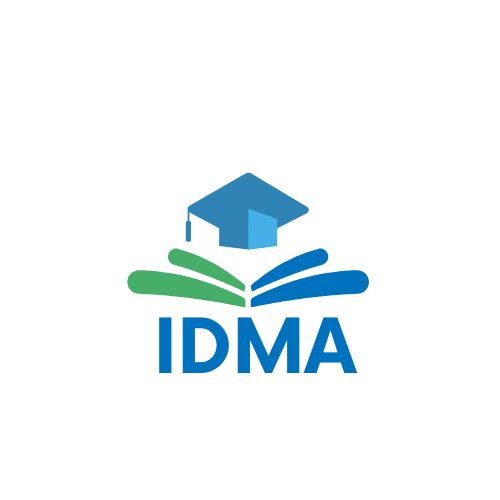Course Overview
Introduction to SEO:
This module lays the foundation for the entire course. It introduces what SEO (Search Engine Optimization) is, why it’s essential, and how search engines like Google work. You’ll understand how crawling, indexing, and ranking happen. It also explains the differences between organic vs. paid results, and gives an overview of white-hat, black-hat, and gray-hat techniques.
2. Keyword Research:
This section teaches you how to find and choose the right keywords your audience is searching for. You’ll learn about keyword intent (informational, transactional, navigational), short-tail vs. long-tail keywords, and how to use tools like Google Keyword Planner, Ubersuggest, and SEMrush. You’ll also learn how to assess keyword difficulty and search volume for better SEO targeting.
3. On-page Optimization:
In this module, you’ll learn how to optimize individual web pages to rank higher. This includes crafting SEO-friendly titles, meta descriptions, headers (H1, H2…), image alt tags, and improving internal linking. It also covers user experience (UX), mobile responsiveness, page load speed, and proper URL structuring.
4. Off-page Optimization:
Off-page SEO is all about building your website’s authority and trust. This topic covers backlink building strategies, guest blogging, social bookmarking, influencer outreach, and directory submissions. You’ll understand how link building impacts rankings and how to avoid spammy practices that could get you penalized.
5. Content Marketing:
Here you’ll explore how high-quality, relevant content fuels SEO success. This module teaches how to create content that’s optimized for search engines and valuable to users. It includes blog writing, keyword integration, content freshness, using multimedia (videos/images), and content strategy planning for long-term growth.
6.Local SEO:
Perfect for businesses targeting a local audience, this module explains how to optimize your online presence for local searches. You’ll learn how to set up and optimize Google Business Profile (formerly Google My Business), get reviews, build local citations, and improve visibility in map packs and local search results.
7.Reporting and Analytics:
Tracking performance is crucial. This topic teaches you how to use Google Search Console and Google Analytics to monitor SEO metrics like impressions, CTR, bounce rate, and organic traffic. You’ll learn to create custom reports, measure ROI, and refine strategies based on data insights.
8.Advanced SEO Techniques:
Once you’ve mastered the basics, this module dives into advanced strategies like schema markup (structured data), Core Web Vitals, voice search optimization, international SEO, canonical tags, hreflang attributes, and more. You’ll also explore algorithm updates (like Google Panda, Penguin, etc.) and how to stay compliant.


